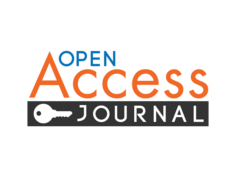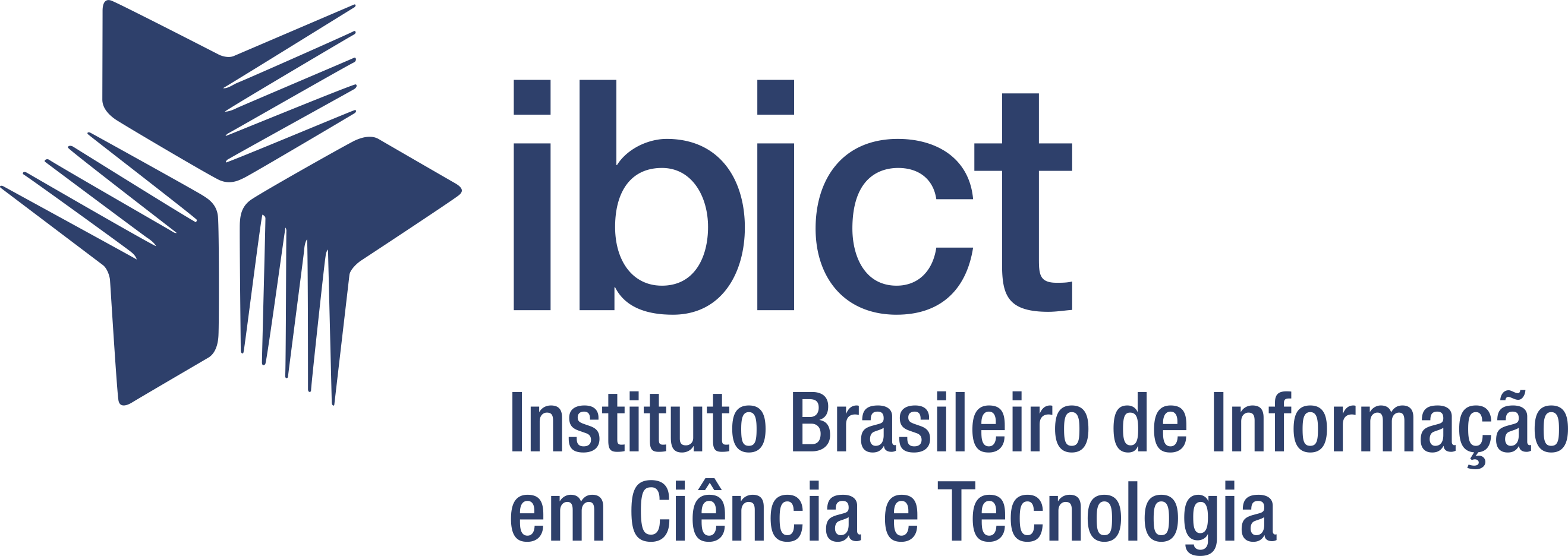GÊNERO, SEXUALIDADE E INTERDISCIPLINARIDADE: (RE)PENSANDO A FORMAÇÃO MÉDICA VOLTADA À INTEGRALIDADE DA ATENÇÃO À SAÚDE DA POPULAÇÃO LGBTQIA+
Resumo
A saúde não é um direito restrito. De acordo com a Carta Magna, promulgada em 1988, a saúde é direito de todos. A partir desse pretexto, pode-se imaginar que toda a população possui acesso ao Sistema Único de Saúde, entretanto, percebe-se que, além das dificuldades de ter o próprio acesso, populações em vulnerabilidade social como a comunidade LGBTQIA+ enfrenta um problema secular: o preconceito. Dessa forma, investigar como o preconceito na área da saúde afeta a efetivação do bem-estar dessa população, torna-se essencial para a efetivação não só do manifesto legal, mas, também, de uma questão que afeta o dia a dia, afastando as pessoas do acesso à saúde. Foi realizada uma pesquisa do tipo exploratória e de natureza qualitativa, tendo como técnica de pesquisa a revisão de literatura, sob o formato narrativo. Sob essa perspectiva, conclui-se que o profissional médico possui poucos recursos de inclusão social dentro da graduação médica, o que influencia não só em seu atendimento à população, mas, também, na continuação e efetivação do preconceito que assola a comunidade LGBTQIA+, tornando-se imprescindível a introdução de métodos na graduação do médico a fim de, não transformar a pessoa médica, mas o profissional médico, respeitando o promulgado constitucional: saúde a todos, literalmente, todos.














 This work is licensed under a Creative Commons License
This work is licensed under a Creative Commons License 